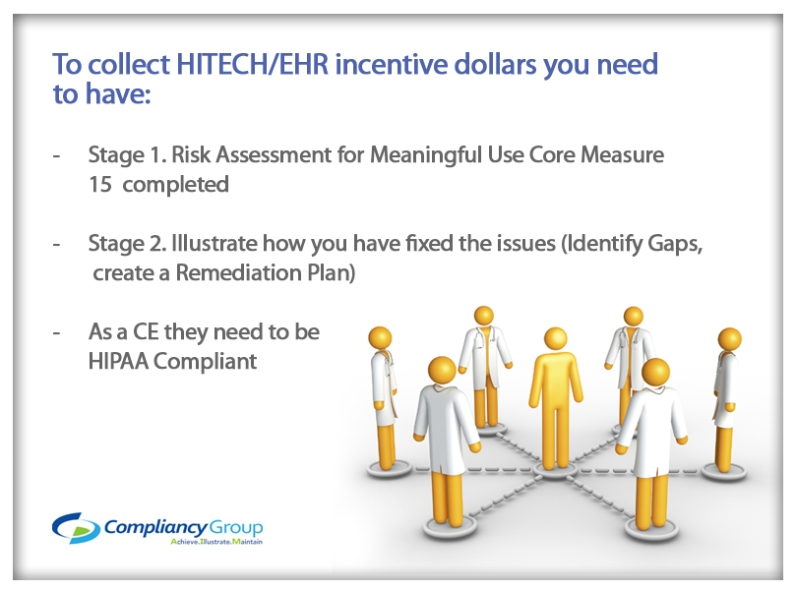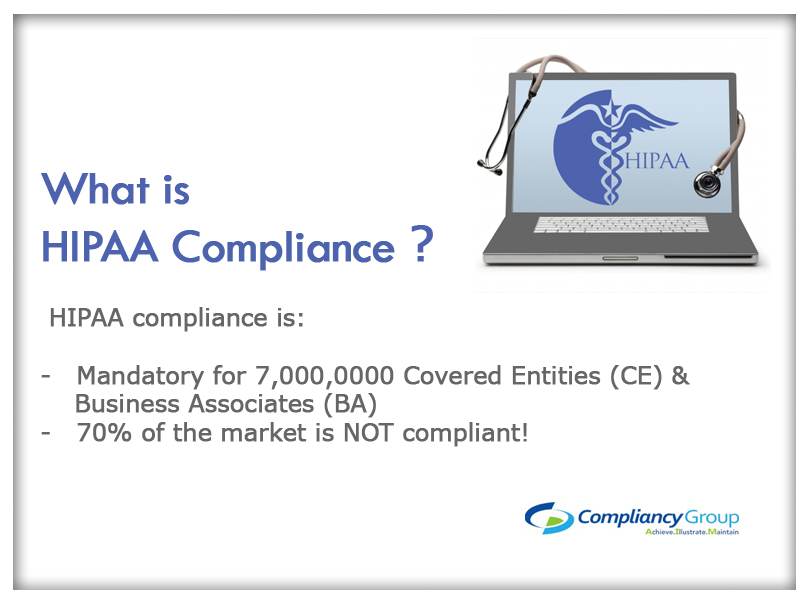HIPAA regulations are a complex set of rules and regulations that are designed to promote a more patient oriented medical system that enhances patient care. HIPAA regulations that promote the accessibility of medical records to patients and increase the security of electronic patient health information are also included in the HIPAA Omnibus Rule. Radiologists often receive patients through a referral system or send patient files to another medical doctor or facility after x-rays and other scans are interpreted. This constant sharing of sensitive patient information makes learning what are HIPAA regulations and how do they affect radiologists an important task for any radiologist.
The HIPAA Omnibus Rule has changed the way that patient information is collected, stored, transmitted and created in response to the HITECH Act. The HITECH Act offers organizations incentives for using electronic patient health information while improving the security of that data. When asking what are HIPAA regulations one of the most important things to consider is your organization’s privacy policy. New HIPAA regulations state that organizations and entities must update their privacy policies and business agreements to comply with the current standards.
Current HIPAA standards require that all businesses sharing patient information must be HIPAA compliant. For instance, if a radiologist receives referrals or bills insurance companies on behalf of clients, the insurance company and the organization referring clients should both be HIPAA compliant. Current business associate agreements will be allowed until late September of 2014, but after that date all business associates will need to comply with the HIPAA Security Rule to avoid penalties or fines.
What is affected by HIPAA?
Nearly every aspect of creating, sharing and transmitting electronic patient health information has been affected by new HIPAA regulations. In addition to revising and updating your organization’s privacy policies and business agreements, you will also need to look at your internal records storage and the accessibility of patient records. For instance, your internal computer systems must be secure and protected from data loss or third-party access. Data encryption is required anytime that you transmit electronic patient information. If your organization is using a third-party storage system for patient health information, the company providing web-based storage services will also need to be HIPAA compliant.
One of the areas that will be most affected for radiologists is how patient information is disclosed. Since radiology is a field where referrals are very common, care must be taken to ensure formal, written consent is provided each time you share patient health information. For example, a radiologist sending the results of an x-ray to a general practitioner will need to have written consent by the patient to do so. In order to understand and comply with current HIPAA regulations, it is best to use a HIPAA compliance checklist and HIPAA compliance software. HIPAA compliance software will walk you through the process of meeting current HIPAA regulations and help you avoid the confusion of updating and revising your current policies and practices on your own.



